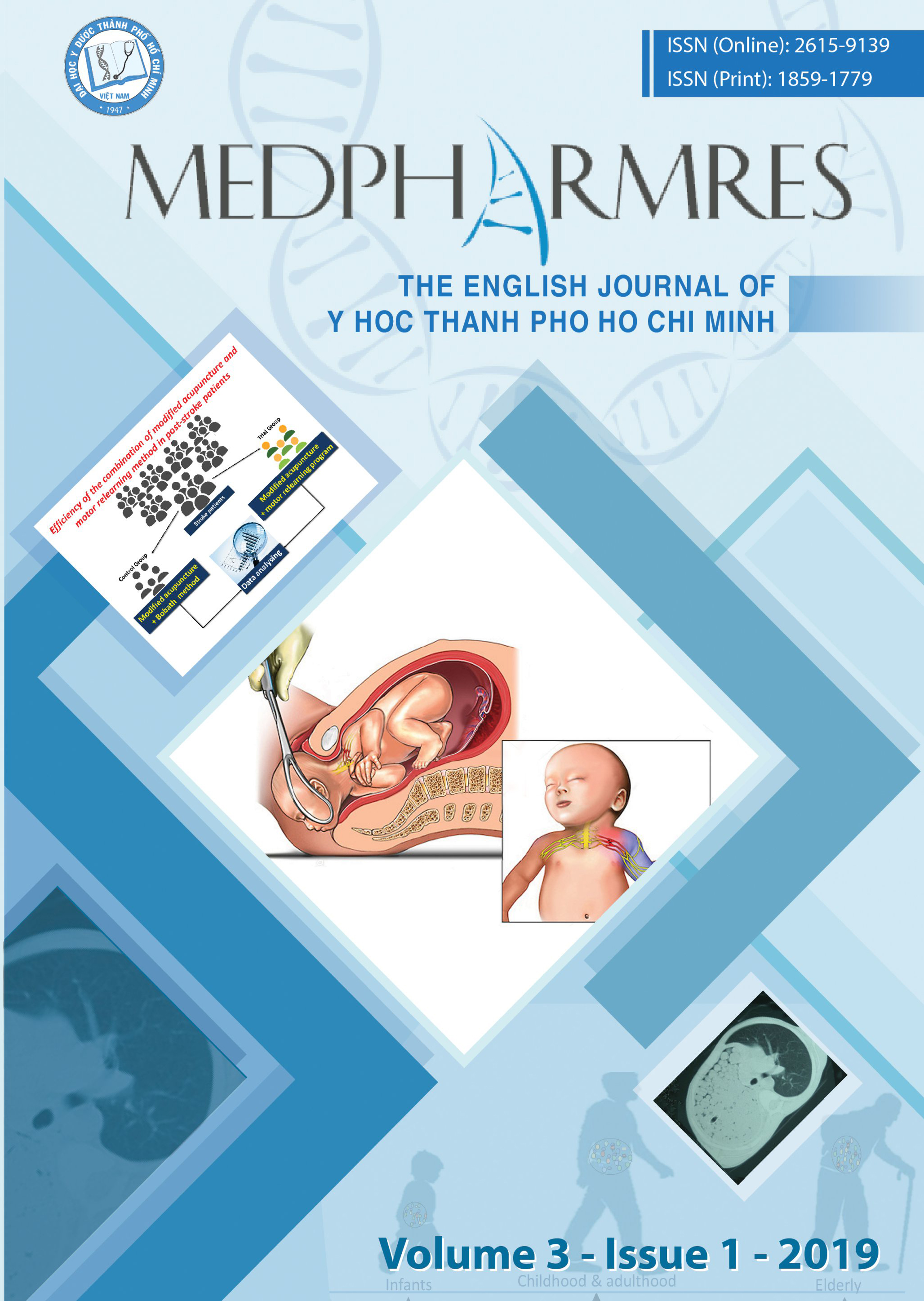Factors predicting physical and mental health-related quality of life among post-myocardial infarction patients: Bayesian model averaging analysis
Tóm tắt
Coronary artery disease was the cause of half of morbidity and mortality due to cardiovascular diseases in 2013. Myocardial infarction (MI) has been a common medical emergency with high mortality rate and complications unless it is early and appropriately treated. Health-related quality of life (HRQoL) has been popularly used in assessment of health state among coronary artery disease patients undergone both medical and surgical therapies. Bayesian model averaging approach statistically facilitated for identifying potential predictors of HRQoL among post-MI patients following up at University Medical Center, Ho Chi Minh City. The cross-sectional descriptive study was conducted on 146 participants diagnosed and treated with acute myocardial infarction from April 1st 2017 to June 30th 2017. The better HRQoL in physical component summary was associated with higher educational levels (coefficient=1.2) and weekly moderate – intensity physical activity (coefficient=0.002) but the contrast status for the female (coefficient =-3.7) in the fit model with R2= 0.24, BIC=-25.7 and posterior probability=11.7%. The good economic household (coefficient=9.8), more daily sitting time (coefficient =1.4) and weekly moderate – intensity physical activity (coefficient =0.004) predicted the increase of mental component summary score in the given model with R2= 0.08, BIC=-20.3 and posterior probability=25%. The post – MI patients experienced low physical health much more than mental health. The female and suitable physical activity should be concerned in the rehabilitation program as well as follow-up care during the discharge process.

